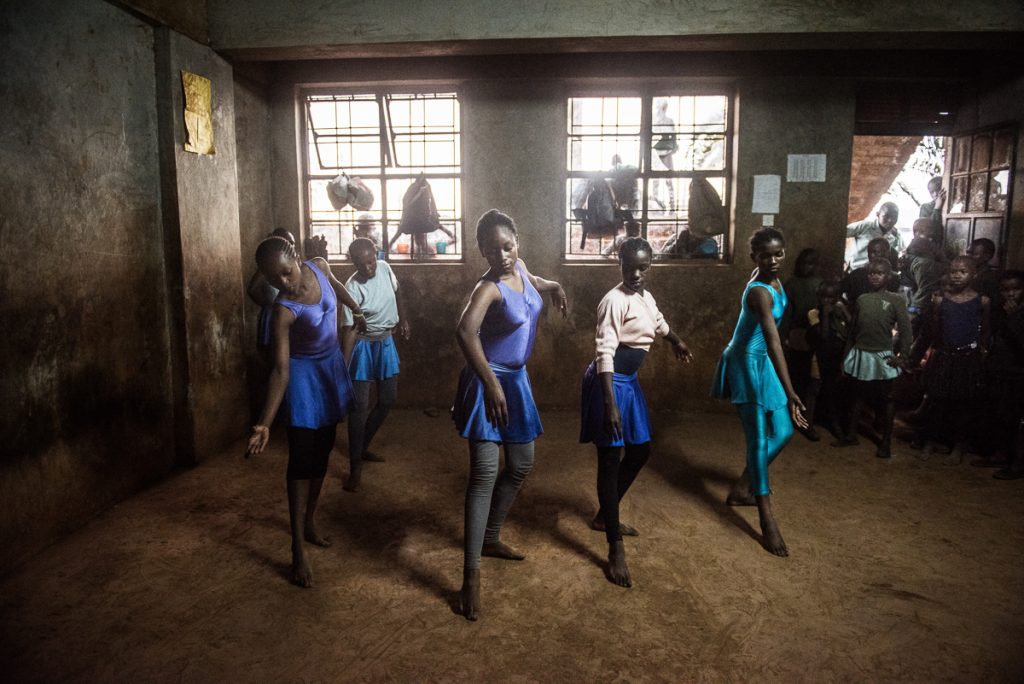The world’s 1.1 billion girls are part of a large and vibrant global generation poised to take on the future.Yet the ambition for gender equality in the Sustainable Development Goals (SDGs) highlights the preponderance of disadvantage and discrimination borne by girls everywhere on a daily basis.

Only through explicit focus on collecting and analyzing girl-focused, girl-relevant and sex-disaggregated data, and using these data to inform key policy and program decisions, can we adequately measure and understand the opportunities and challenges girls face, and identify and track progress towards solutions to their most pressing problems.
With this in mind, the theme for this year’s International Day of the Girl (11 October) is Girls’ Progress = Goals’ Progress: What Counts for Girls. While we can applaud the ambition and potential of the SDGs for girls, and recognize how girls’ progress is good not only for girls, but also for families, communities and society at large, we must also take this opportunity to consider how existing gaps in data on girls and young women, lack of systematic analysis, and limited use of existing data significantly limit our ability to monitor and communicate the wellbeing and progress of half of humanity.
Much more can and needs to be done to harness the data required to ensure programs, policies and services effectively respond to the specific needs of girls. When we invest in girls’ health, safety, education and rights – in times of peace and crisis – we empower them to reach for their dreams and build better lives for themselves and their communities. Only when investments in programs for girls on issues that particularly affect them – due to both their age and gender – are complemented with corresponding investments in data on girls, can we make real progress towards greater accountability in domains of critical importance to them.

